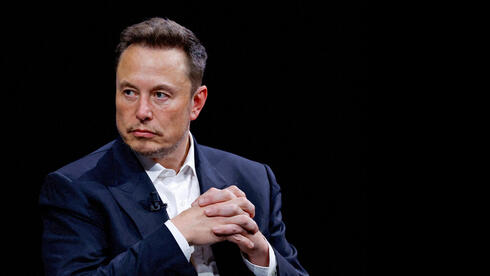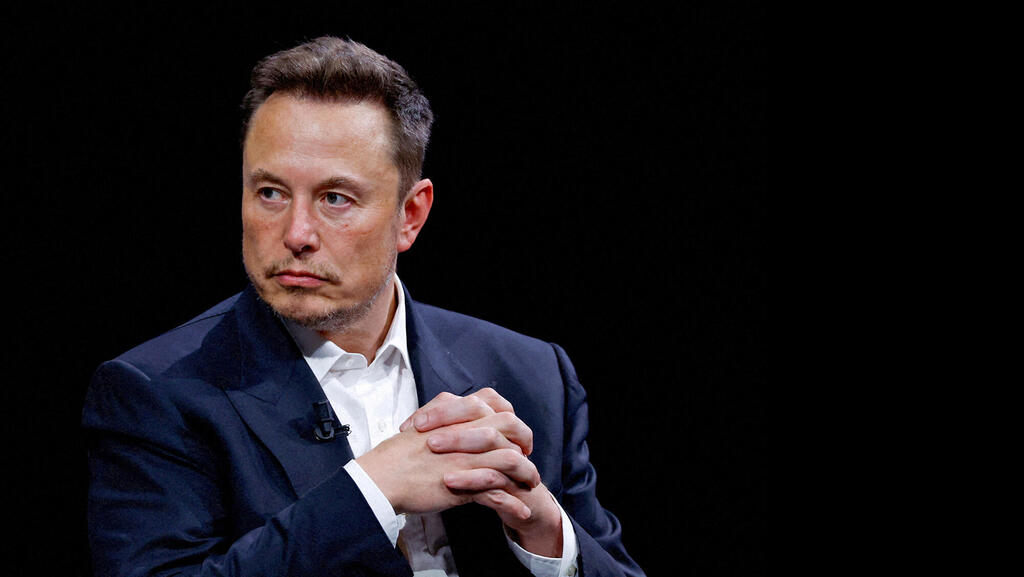
Banking giants trapped in Musk's $13B Twitter debacle
How a risky loan became the worst deal since the global financial crisis.
Elon Musk often claims that he bought Twitter to protect freedom of expression. If the seven banks that provided him with a large portion of the capital had listened more closely and understood that his motivations weren't purely business-driven, they might have reconsidered lending him the money. Instead, they now find themselves holding the worst loan issued since the global financial crisis in 2008.
In the deal completed in October 2022, Musk paid $44 billion for Twitter, which has since been renamed X. Last year, the company reported that its value had dropped to $19 billion—a collapse of over 70% due to deteriorating financial performance. Because of X's poor performance and declining value, the banks that lent Musk around $13 billion are unable to offload the debt from their balance sheets without incurring significant losses, estimated at around $2 billion in total.
Typically, banks aim to quickly sell off loans to remove them from their balance sheets, but those they cannot sell are classified as "hung debt." According to data from research firm PitchBook, as shared by The Wall Street Journal, the loans provided to Musk have been held by these banks for 22 months—making them the longest-hung loans related to any similar transaction since the global financial crisis, according to available data.
The lending banks include Bank of America, Morgan Stanley, Barclays, Japanese banks MUFG and Mizuho, and French banks BNP Paribas and Societe Generale. Additionally, several large venture capital firms participated in the loan to Musk, including Andreessen Horowitz, Sequoia Capital, and Oracle founder Larry Ellison. The banks face the risk of not recovering the debt if X declares bankruptcy, a scenario Musk has threatened more than once. However, the banks do continue to collect substantial interest payments, with Musk indicating that X pays about $1.5 billion a year in interest.
The main damage to the banks is reputational. As long as they hold the debt, their status as investment banks suffers, particularly in ranking tables that serve as key marketing tools among large clients.
Apple stops advertising on X
In the first months of X's operation under Musk's leadership, many advertisers, including major companies like Apple, decided to stop advertising on the platform. The main reason was Musk's approach to content moderation, which imposes minimal restrictions on X users. Advertisers were concerned that their brands might appear alongside posts promoting hate speech or fake news. Musk showed little concern for these advertiser worries, even making disparaging remarks against them at a conference hosted by The New York Times.
This approach has not helped him win back advertisers. According to a report by The New York Times, X recorded $114 million in revenue in the second quarter in the United States, its largest market. This figure represents a 25% drop compared to the first quarter, a 53% decline from the corresponding quarter in 2023, and an 84% crash compared to the last reported quarter when the company was still public, before Musk privatized it.
Trump may appoint Musk as an adviser
In recent weeks, seemingly as a last resort, Musk decided to sue advertisers for not purchasing more ads on the platform, claiming they were coordinating an "ad boycott." However, these lawsuits are unlikely to reverse X's deteriorating financial performance in the near future.
Musk's personal fortune, estimated at over $230 billion, making him the richest man in the world, cannot solve X's problems, as it is largely tied up in Tesla shares. Tesla is a public company, and any large sale of shares to obtain cash would negatively impact the stock price, as has happened several times in the past two years due to Musk's frequent sales. For instance, he sold Tesla shares worth $7.5 billion at the end of 2022. Since the beginning of the year, the stock has fallen by about 27%.
Amid the stock's decline, Republican presidential candidate Donald Trump, who is supported by the Tesla founder, said this week that if he wins the election, he will consider canceling the $7,500 tax credit for purchasing electric cars. In the same breath, Trump suggested he might consider appointing Musk as an adviser in the White House, saying, "He's a brilliant guy."















